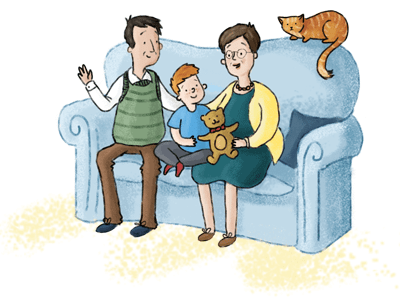
One of the advantages of making a will is that a person can direct what happens to their wealth when they die. However, more people are inquiring how they can retain an element of control to ensure the wealth that they bequeath will be used in a way that is agreeable to them.
These conditional bequests can be used in a variety of ways, for example to ensure that the money is retained in the family in the event that their children or grandchildren divorce or die. Other ways would be to specify a purpose for the money, such as funding a deposit for a house or for education, to avoid younger generations frittering their inheritance.
Conditional gifts are made using discretionary trusts. Trustees are appointed who decide – with the assistance of a side letter of wishes – how and when payments are to be made to beneficiaries. These trusts can be set up on death or in a person’s lifetime. A person can pay up to £325,000 into the trust every seven years without this attracting an immediate tax charge. Shares in trading businesses are not subject to this limit. However, discretionary trusts are more expensive to set up, run and incur tax charges every 10 years.
How we can help
Please contact our experts Sue Darlington or Susanne Furness in our Wills, Probate & Planning for the Future department for further information or if you require a review of your will.
Email:
Tel: 0161 330 6821
The contents of this article are intended for general information purposes only and shall not be deemed to be, or constitute legal advice. We cannot accept responsibility for any loss as a result of acts or omissions taken in respect of this article.











